In commemoration of World Press Freedom Day, CDS Africa would like to draw attention to the state of press freedom in Ghana and the critical role media plays in shaping our democratic process. This day serves as a reminder of the importance of a free press in a thriving democracy and the need for continuous vigilance to protect this fundamental right.
The theme for the Day is “A Press for the Planet: Journalism in the Face of the Environmental Crisis” reflecting how press freedom remains a cornerstone of democratic societies. However, across the globe, this fundamental right has been under threat. Ghana, known for its robust media landscape, currently ranks 50 among 180 countries according to the World Press Freedom Index released by Reporters without Borders. This is a significant improvement from our 62nd position in 2023. This position reflects the country's commitment to ensuring a free and independent press. Article 162(1) guarantees the freedom and independence of the media. Further, Article 162(2) prohibits censorship, while Article 162(4) encourages the media to hold the government accountable indicating that the media's role extends beyond just reporting news; it is a powerful force that shapes public opinion and holds power to account.
The journey hasn't been without challenges despite the constitutional guarantees. Instances of media intimidation and violence against journalists have been reported. These incidents pose a threat to the freedom that the 1992 Constitution sought to protect. Between 2000 and 2020, Ghana recorded an estimated 65 attacks on journalists. The highest number of attacks occurred in 2019, with 15 incidents reported. The instances of attacks include physical assaults, verbal threats, and instances of harassment.
Notable incidents include the assault on Joy News reporter, Latif Iddrisu, in March 2018 by some police officers at the Criminal Investigations Department (CID) Headquarters while covering a demonstration by supporters of the National Democratic Congress. In January 2019, investigative journalist Ahmed Hussein-Suale was shot dead by unidentified men while driving home. Hussein-Suale was a member of Tiger Eye Private Investigations and played a significant role in exposing corruption in African football.
The attack on journalists threatens freedom of speech and democracy in Ghana. It is a call to action for stakeholders to ensure the safety of journalists and uphold the tenets of a democratic society. In recent times, there have been instances where the power of the media has been misused, leading to the spread of misinformation, sensationalism, media houses, and journalists aligning with politicians to promote their interests and the propagation of hate speech. These activities undermine the integrity of the press and erode public trust. As we celebrate World Press Freedom Day, it is crucial to reflect on these issues and recommit to the principles of responsible journalism. While the Constitution upholds the rights and freedom of the media, it must not be undermined and abused, instead, it should be used to carry out its mandate as the fourth estate of the realm.
CDS Africa believes that Press freedom is not just about the right to express and disseminate opinions freely as indicated by renowned human rights advocate, Ama Kudom-Agyemang but also about ensuring that the information we consume is accurate, fair, and balanced. The media is responsible for maintaining high standards of professionalism, and when these standards are compromised, it is a disservice to the public and democracy at large.
While the state of press freedom in Ghana is relatively better on the continent, it is essential to work towards improving it. Addressing these challenges requires concerted action. Legal reforms are necessary to ensure that crimes against journalists are thoroughly investigated and perpetrators held accountable. This will send a clear message that such actions are unacceptable. Law enforcement agencies should be equipped and mandated to thoroughly investigate crimes against journalists and bring the perpetrators to justice.
To overcome challenges that hinder the media from fulfilling their mandate, the media must strive for independence from political influences. This could involve seeking funding sources to reduce reliance on government or politically-affiliated entities. Media outlets need to invest in capacity building by training journalists in various skills that can enhance their reporting and promote transparency. The media, civil society, and the government must work together to create a safer environment for journalists.
As we mark World Press Freedom Day, let us celebrate the strides Ghana has made in promoting press freedom and reflect on the areas that need improvement. Let us remember that a free press is not just a symbol of a democratic society, but a pillar that upholds it. As such, everyone, including the media, has a role to play in ensuring that this freedom is preserved and used responsibly.

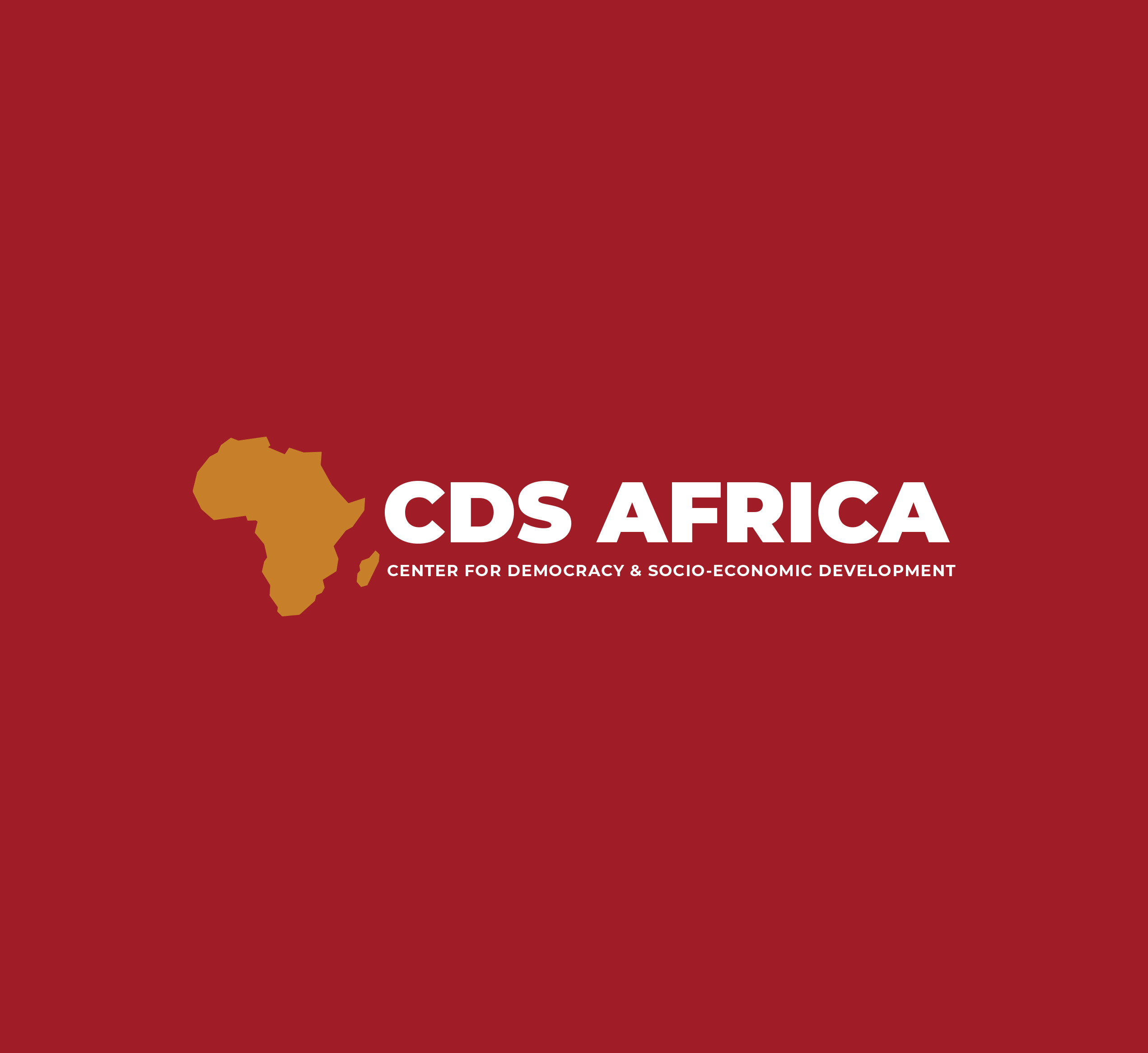
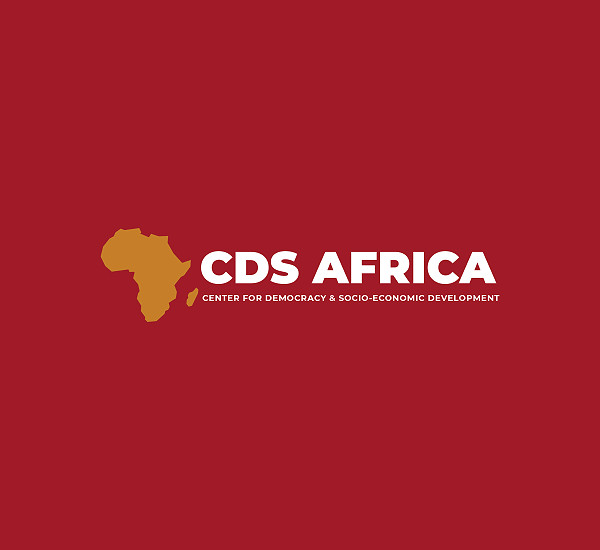
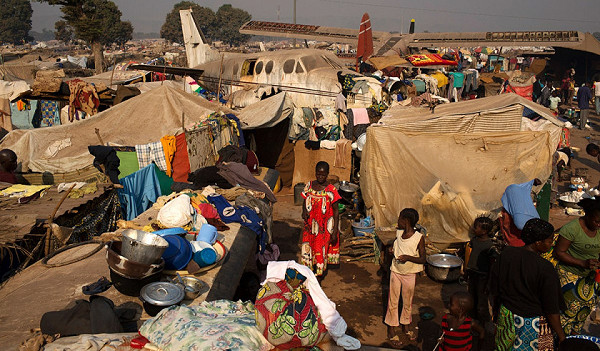
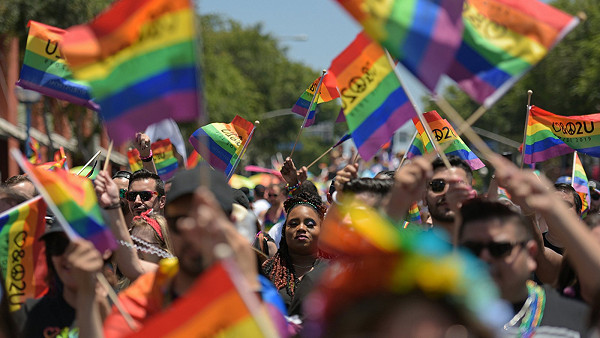
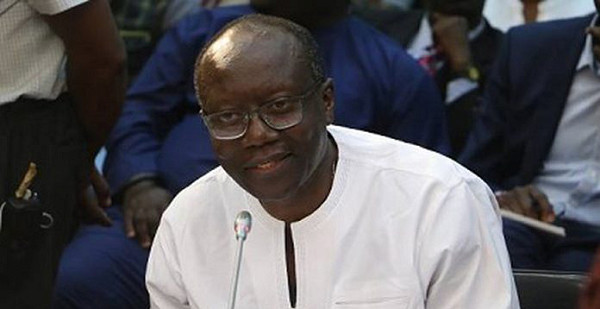
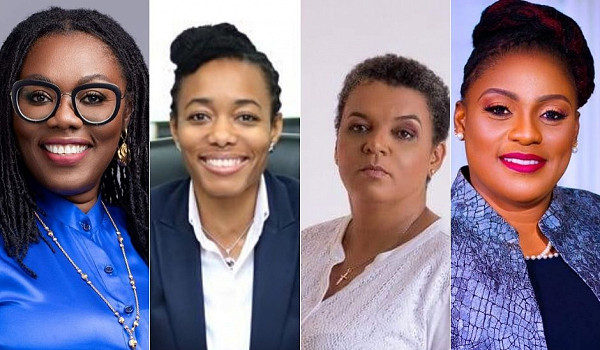
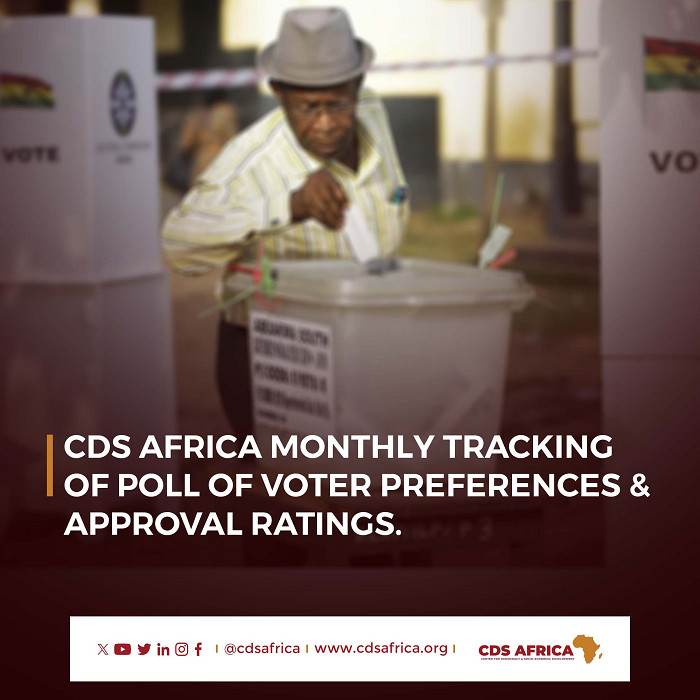
Write a Comment